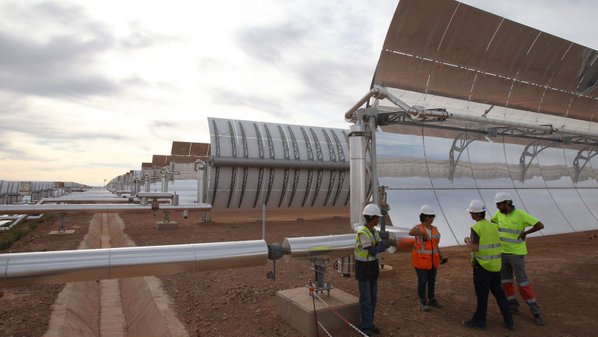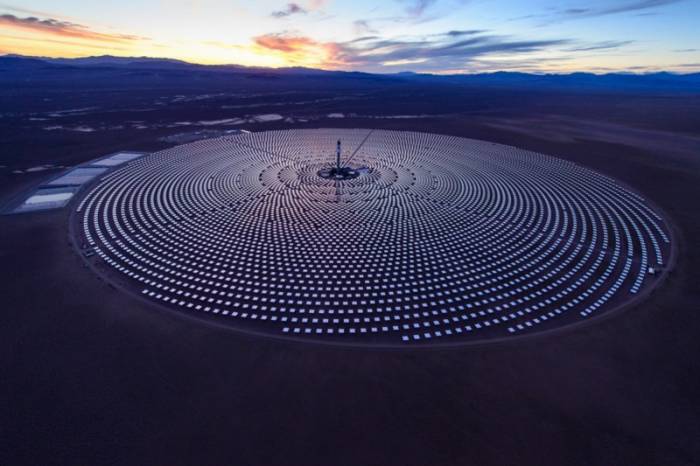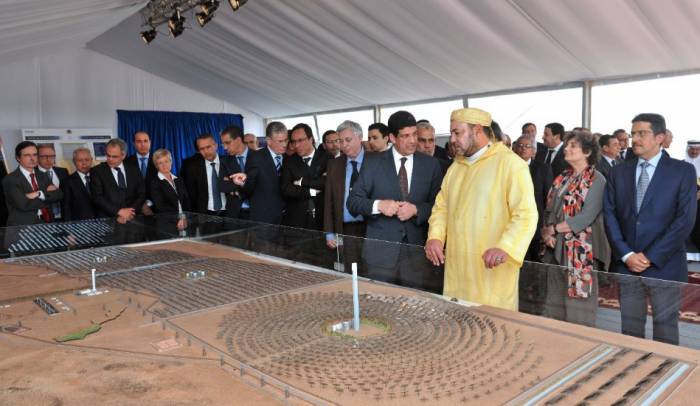
source
You may have heard about the Moroccan city of Ouarzazate. It is the place on the edge of the Sahara desert where Hollywood blockbusters like Lawrence of Arabia and Gladiator, and the TV series Game of Thrones were filmed. Nicknamed Door of the desert, the city is about to be the home of a solar power mega-plant. According to the World Bank, the plant will supply power to 1.1 million Moroccans by 2018.
World’s largest concentrated solar power plant
African Development Bank stated that this plant will be world’s largest concentrated solar power plant in the world once the first phase is complete. The potential for solar power in the desert has been a subject of debate for a very long time. After the Chernobyl accident of 1986, German physicist Gerhard Knies, estimated that the world’s deserts receive enough energy in a few hours to provide for humanity’s power needs for an entire year. The only hurdle is to find a way to capture the energy and transport it to the cities and to the villages.
“Morocco stands at the forefront of climate-friendly policies in the region […]The country is well positioned to benefit from its head-start at a time when other regional powers are beginning to think more seriously about their own renewable energy programs,” Inger Andersen, World Bank Regional VP for the Middle East and North Africa said.

{adinserter CNP5}
A special technology
The plant will use a technology that is pricier than the photovoltaic panels you see on roofs, but it will continuously produce power, even at night and on cloudy days. The technology uses mirrors that glitter across the skyline and heat up a liquid, which is mixed with water and reaches a temperature close to 400 degrees Celsius. This will produce steam which will drive a turbine that will generate electrical power. Upon completion, the plant will have a capacity of 580MW of electricity, enough to supply power to 1.1 million homes. Today, Morocco is very exposed to fossil fuel’s fluctuating prices. According to the environment minister, Hakima el-Haite, the kingdom imports 94% of its energy as fossil fuels.









